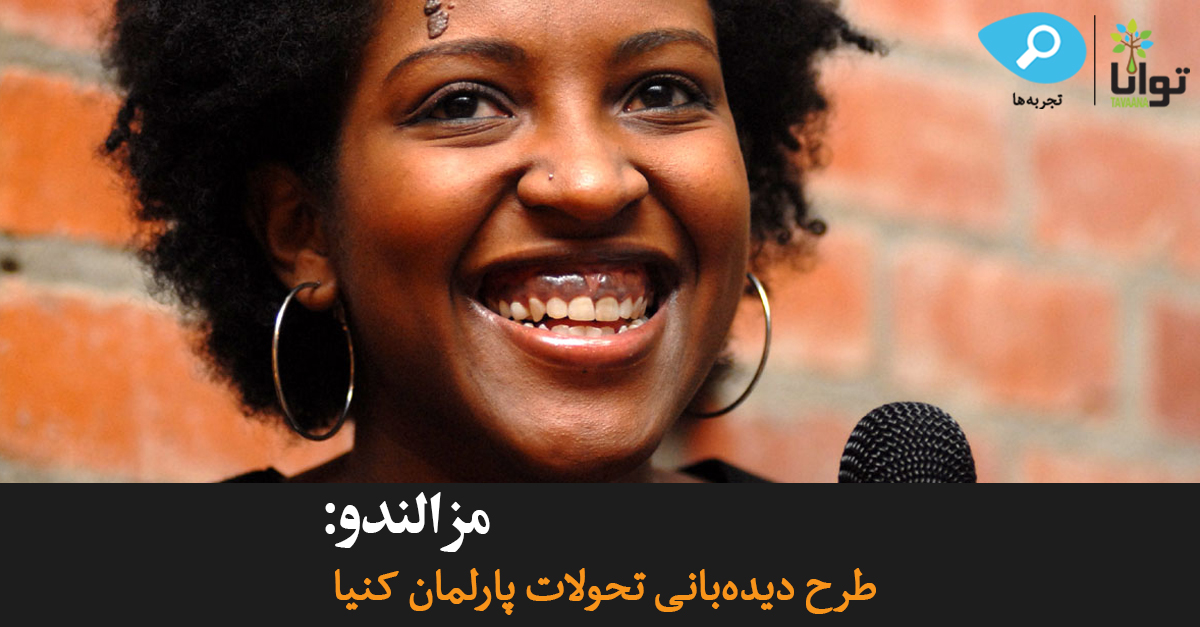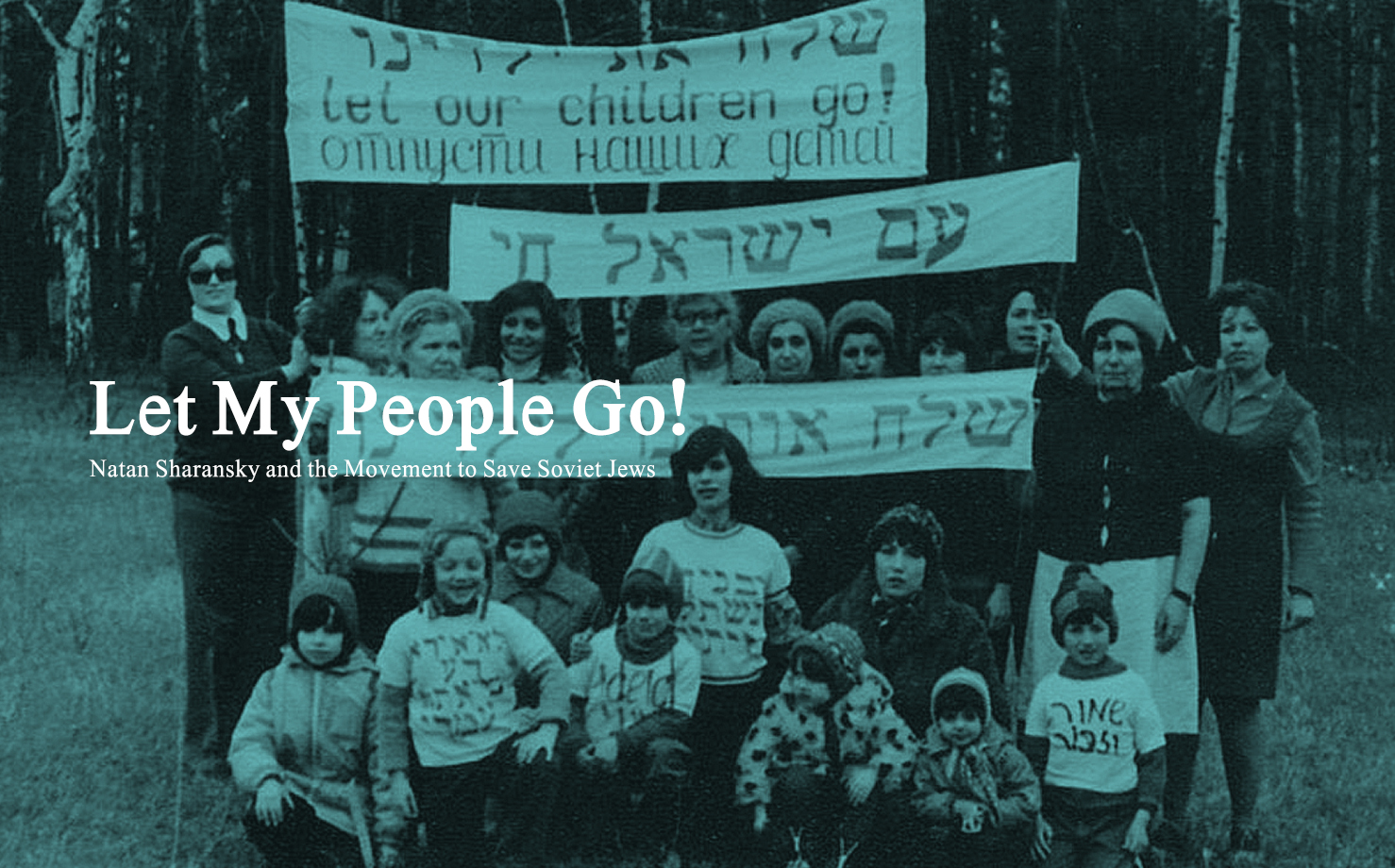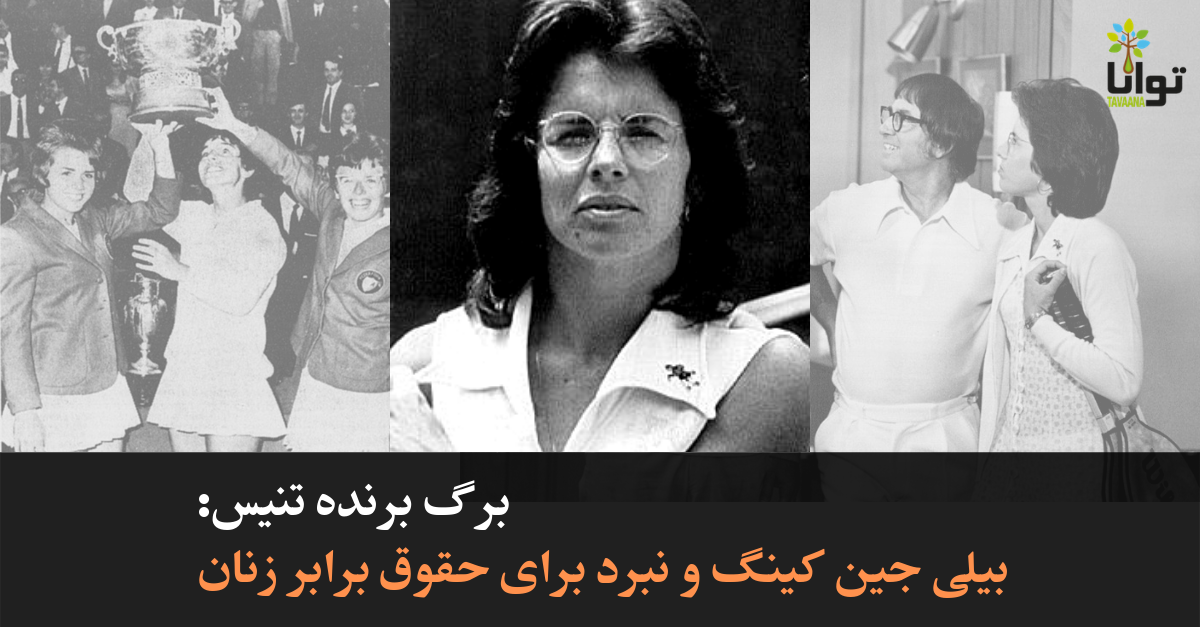Vision and Motivation:
“Thank you for visiting the Parliament website. We are currently updating this site. Please bookmark this site and visit us shortly.” This was the message that greeted Kenyans attempting to visit their parliament’s website in September 2005. Although it appeared to be a standard error notification, the website had not, in actuality, been shut down for updates. After the East African Standard daily newspaper had published basic biographical information on Kenyan MPs taken from the parliament’s website, politicians had complained that this information was “too sensitive.” The site was promptly taken offline, leaving Kenya without a website for its parliament. By contrast, neighboring Uganda and Tanzania boasted parliamentary websites that published detailed information on their MPs’ qualifications, their performance in Parliament, bills, transcripts of sessions, records on committee meetings, and summaries of funds and ministry activities.[1]

As Kenyan lawyer and blogger Ory Okolloh noted, “We had no idea of what was going on in our own Parliament.”[2] Spurred by the lack of transparency demonstrated by the parliament website shutdown, in 2005, Okolloh co-founded the website Mzalendo, or ‘Patriot’ in Swahili. Mzalendo was intended not only to provide the public with information on the Kenyan Parliament and to hold politicians accountable for their actions, but also “to demonstrate that accountability stems from demand and as young skilled Kenyans, we have a responsibility to do our part…in…demanding accountability.”[3]
 Goals and Objectives:
Goals and Objectives:
While the Kenyan constitution stipulates that “all sovereign power belongs to the people of Kenya and shall be exercised only in accordance with this Constitution,” this concept has yet to be actualized.[4] Since the Kenyan parliament is a public institution, information about it should be public and easily accessible. In reality, secrecy is the norm when it comes to information about MPs, such as attendance or voting records. According to Okolloh, “the default presumption when you approach any government office [is that] everything is secret unless they deem it not secret, which makes it very difficult to get information.”[5] Often there is no explanation for why information is classified.
The dearth of basic information available to constituents has resulted in a culture of distrust and apathy. Feeling distant from their own government, many Kenyans believe that their actions will not make a difference. While they watch the news and engage in debates, no universal civic education programs exist in the country, and most Kenyans do not know their rights as democratic citizens. Mzalendo notes that “for the most part, the public appears still beholden to its leaders in many ways and do not realize they have the responsibility to question them.”[6] Thus, their second objective was “to convince Kenyans to get into the idea of demanding information rather than just complaining about politics without doing anything about it.”[7]
 Leadership:
Leadership:
Mzalendo co-founder Ory Okolloh is a lawyer by training. After obtaining her JD from Harvard Law, she was offered a high-paid position at an American law firm, but she turned it down “because my passion was [in Kenya], and because I wanted to do things that were fulfilling. And because I’m needed here.”[8] Upon returning to Kenya, she became known for her blog “Kenyan Pundit.”
When Okolloh was inspired to launch a parliamentary monitoring project, she contacted fellow Kenyan blogger Conrad Akunga, an experienced software architect. Within four months, they launched the Mzalendo website using WordPress and other free, open-source tools.[9] After Kenya’s 2010 Constitution changed the structure of the government, Okolloh and Akunga decided to completely redesign the site. The new Mzalendo, including optimization for mobile phones, was launched in 2012.[10]
While the initial phase of the project saw Okolloh and Akunga manually entering information into the site’s database, they soon were able to rely on a corps of volunteer bloggers and freelance journalists, who input their eyewitness accounts of parliamentary sessions. Opening up a commenting system further increased public participation, as well as the amount of information available on the site.[11]
Okolloh’s faith in the power of technology to create positive change in Kenya led to the founding of Ushahidi in 2007, a digital mapping tool used to track post-election violence. She has since worked as Google’s policy manager for sub-Saharan Africa and as director of investments for Omidyar Network’s government transparency initiative in Africa.[12] While she and Akunga are no longer directly involved at Mzalendo, the project has continued to flourish under the leadership of Jessica Musila.[13]
 Civic Environment
Civic Environment
While Kenya has “quite a vibrant media landscape,” Okolloh highlights widespread self-censorship and media corruption as issues standing in the way of clean government and accountability: “Instead of keeping the government on their toes, many journalists lie down and play dead. There is often an air of fear, not because of direct oppression from the government, but rather because of uncertainty amongst media [of] how far their freedoms go.”[14]
A culture of secrecy has permeated the Kenyan government; during Daniel Arap Moi’s repressive, decades-long presidency, a pervasive fear of requesting or providing information bolstered Moi’s power, and the Kiswahili word for “government” – serikali – became synonymous with the word sirikali, meaning “top secret.”[15] This secrecy has been perpetuated by laws that treat transparency as a threat to national security, the Official Secrets Act foremost among them.
Other statutes impose prohibitive requirements for the disclosure of government information, such as consent from the president. In other cases, there is no clear procedure for how to request public information, permitting officials to institute roadblocks to any request. In turn, lack of transparency enables the corruption that is endemic in Kenya, from embezzlement to graft and bribery.[16]
The Kenyan government does not officially censor the media or the Internet; government and security forces are known to harass members of the press, often leading to self-censorship. “People know the government does watch what you are saying” noted Okolloh. “There is corruption in terms [of] politicians wanting their story framed a certain way.”[17] Mzalendo offers an alternative to the “compliance and fear” of traditional Kenyan media’s treatment of Parliament.[18]
The government was initially dismissive of Mzalendo due to Kenya’s low Internet penetration rate in 2005 and assumed that the project would do little to change voter opinions.[19] However, by the start of 2014, Kenya boasted a 47 percent Internet penetration rate, driven largely by growth in mobile phone subscriptions.[20] At the same time, Kenya’s voting demographic has gotten younger. Now, says Okolloh, politicians “are paying a lot more attention. For instance, they are very quick to send corrections or protest if they feel their contributions in parliament are not being reflected on Mzalendo. We are also seeing greater interest from the local media in partnering with the Mzalendo team to report on the performance of parliament.”[21]
Message and Audience:
Mzalendo makes public information easily accessible to all. Its website offers a detailed, searchable profile for each MP, including responsibilities and contact information. Each MP has a scorecard ranking their performance in a number of categories, such as how accessible they are to their constituents, how often they attend and vote in the Kenyan Parliament, and how they have spent their Constituency Development Funds (CDF) – funds allocated to MPs who then decide how to spend these funds in their home district. These scorecards can be used to help voters compare two election candidates, or to monitor whether representatives are keeping their promises. In addition, Mzalendo offers detailed information on political parties and ministries, as well as details on polling locations and audit reports.[22]
Mzalendo aims to not only provide information, but also to help Kenyans translate this knowledge into power. The MP profiles allow citizens to make much more informed decisions. The website allows voters to look past ethnicity, political party, personal connections, or bribes, to evaluate candidates on the issues: Do their ideals match my own? Do they have experience doing this kind of work?[23] Did they uphold their campaign pledges?
The website also encourages MPs to become more accessible to the public. Citizens can leave comments and in some cases interact with representatives via their profiles. Seeing that increased accessibility improves their scorecards, some MPs have been inspired to reach out to their constituencies via Twitter accounts, Facebook pages, and more. Mzalendo is also fostering communication between citizens, especially marginalized groups such as refugees or residents of rural areas who have a particularly strong need for accountable representation. In fact, most of Mzalendo’s visitors come from rural areas.[24] Residents of the Tharaka district – one of the country’s most marginalized regions – have held in-person meetings with their MP after interacting on Mzalendo.[25]
Outreach Activities:
Mzalendo targets mainly younger Kenyans who use the Internet as their primary source of news and information. As a result, Mzalendo does most of its outreach through social media sites and blogs used by these young people. Mzalendo itself is working on adding a discussion board and launching its own blogs in order to foster increased communication between Kenyans and their representatives online. Young Kenyans are swiftly becoming the country’s largest voting demographic, and Mzalendo is providing them with the information they need to make informed decisions.[26]
Mzalendo originally relied on volunteer bloggers and freelance journalists for reports on parliamentary debates; however, as the site grew, MPs began responding to Mzalendo user questions and providing corrections to information posted on the site. Soon organizations such as Transparency International were turning to Mzalendo as a source of information as they reported on transparency issues in Kenya.[27]
According to Musila, “Whenever Mzalendo is in the news, parliamentarians are very concerned about their profiles on Mzalendo. Some previous MPs cited their Constituency Development Fund record on Mzalendo in their campaigns during the 2013 elections. Others have written really appreciating Mzalendo’s work and wondering how they can improve their rating. A good number of parliamentarians have sent us photos and their up-to-date CVs. Others have joined social media and followed Mzalendo on Twitter.”[28]
Mzalendo’s work has had a direct impact on Kenya’s parliament. When the project publicized poor attendance in legislative sessions, it led to a public outcry and an immediate improvement in performance.[29] The project’s influence also extends across Africa; its open-source platform has already been adapted for use monitoring parliaments in Ghana, Nigeria, Zimbabwe, and South Africa.
Meanwhile, the Kenyan government itself launched an Open Data Initiative in 2011 to much fanfare. While the portal was intended to make public information easily accessible, two years later its founder acknowledged that government ministries’ ongoing reluctance to release data had hindered the initiative.[30] The need for Mzalendo’s work continues, as the project strives to further increase government transparency, encourage civic engagement, and hold politicians accountable to their communities.
Footnotes
[1] Openda, Francis. “Parliament Website Remains Closed.” The East African Standard. 18 January 2006. https://web.archive.org/web/20060212040914/http://allafrica.com/stories/200601171142.html
[2] Nkem-Eneanya, Jennifer. “Ory Okolloh – Activist, Techie, Change Agent!” Konnect Africa. 13 November 2012. http://www.konnectafrica.net/ory-okolloh-the-value-of-technology-unveiled/
[3] Okolloh, Ory. “Keeping an Eye on the Kenyan Parliament.” PBS. http://www.pbs.org/mediashift/2006/11/keeping-an-eye-on-the-kenyan-parliament314/
[4] Article 1(i), Constitution of Kenya. August 2010.
[5] Sasaki, David. “Mzalendo.” The Technology for Transparency Network. 8 January 2010. http://transparency.globalvoicesonline.org/project/mzalendo
[6] “Constitution Implementation – State of Play Four Years on.” Mzalendo. 28 August 2014. http://www.mzalendo.com/blog/2014/08/28/constitution-implementation-state-of-play-four-years-on/
[7] Sasaki, David.
[8] Okolloh, Ory. “How I became an activist.” TED. June 2007. https://www.ted.com/talks/ory_okolloh_on_becoming_an_activist?language=en
[9] Mzalendo http://info.mzalendo.com
[10] Mbuvi, Dennis. “Mzalendo portal relaunches with more Kenya political and administrative info.” CIO East Africa. 8 February 2012. http://www.cio.co.ke/news/main-stories/Mzalendo-portal-relaunches-with-more-Kenya-political-and-administrative-info
[11] Heavens, Andrew. “The web watchdog biting Kenya’s MPs.” BBC. 14 March 2007. http://news.bbc.co.uk/2/hi/africa/6412143.stm
[12] “Ory Okolloh: Director, Investments.” Omidyar Network. http://www.omidyar.com/people/ory-okolloh
[13] “Management.” Mzalendo. http://info.mzalendo.com/info/management
[14] Beckedahl, Markus. “Speaking with a Kenyan Pundit – an Interview with Ory Okolloh.” Netzpolitik.org. https://netzpolitik.org/2009/speaking-with-a-kenyan-pundit-an-interview-with-ory-okolloh/
[15] Zausmer, Rebecca. “Towards open and transparent government: International experiences and best practice.” Global Partners and Associates. December 2011. http://www.gp-digital.org/wp-content/uploads/pubs/Towards open and transparent government- International experiences and best practice.pdf
[16] “Towards Promoting Access to Information in Kenya.” African Network of Constitutional Lawyers. April 2011. http://www.right2info.org/resources/publications/publications/towards-promoting-access-to-information-in-kenya-2011
[17] Beckedahl, Markus.
[18] Ibid.
[19] Davidi, Adam and Michael Berliner. “How the web is amplifying citizens’ voices: Q&A with Ory Okolloh.” The Guardian. 29 May 2014. http://www.theguardian.com/media-network/media-network-blog/2014/may/29/citizen-activism-internet-africa-omidyar
[20] Kangethe, Kennedy. “Kenya registers drop in Internet subscribers.” Capital FM. 17 January 2014. http://www.capitalfm.co.ke/business/2014/01/kenya-registers-drop-in-internet-subscribers/
[21] Davidi, Adam and Michael Berliner.
[22] Mzalendo.
[23] Mzalendo.
[24] Heavens, Andrew.
[25] Mbuvi, Dennis.
[26] Sasaki, David.
[27] Nyabuga, George and Nancy Booker. “Mapping Digital Media: Kenya.” Open Society Foundation. 5 February 2013. http://www.opensocietyfoundations.org/sites/default/files/mapping-digital-media-kenya-20130321.pdf
[28] “Kenya’s Mzalendo reports traction, launches ‘aggressive’ outreach programme.” Gounna. http://kenya.gounna.com/show/show/68288/1
[29] Veit, Peter. “Why Africa Needs Open Legislatures.” World Resources Institute. 18 December 2012. http://www.wri.org/blog/2012/12/why-africa-needs-open-legislatures
[30] Khamadi, Shitemi. “Kenya Open Data Initiative falters shrouding oil industry in mystery.” Land Quest. 9 January 2014. http://landquest.internewskenya.org/the-smoke-and-mirrors-that-keep-the-kenya-open-data-legend-alive/#!/loc=-1.2520220000000168,36.893339514220784,17



